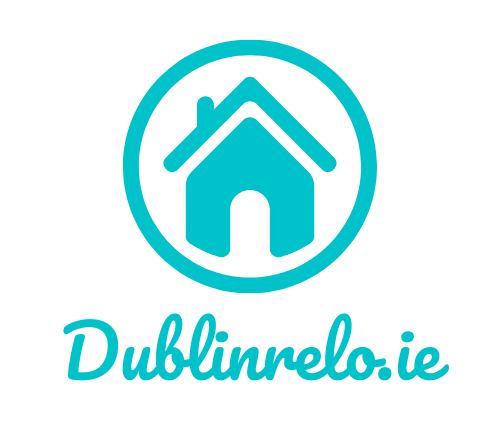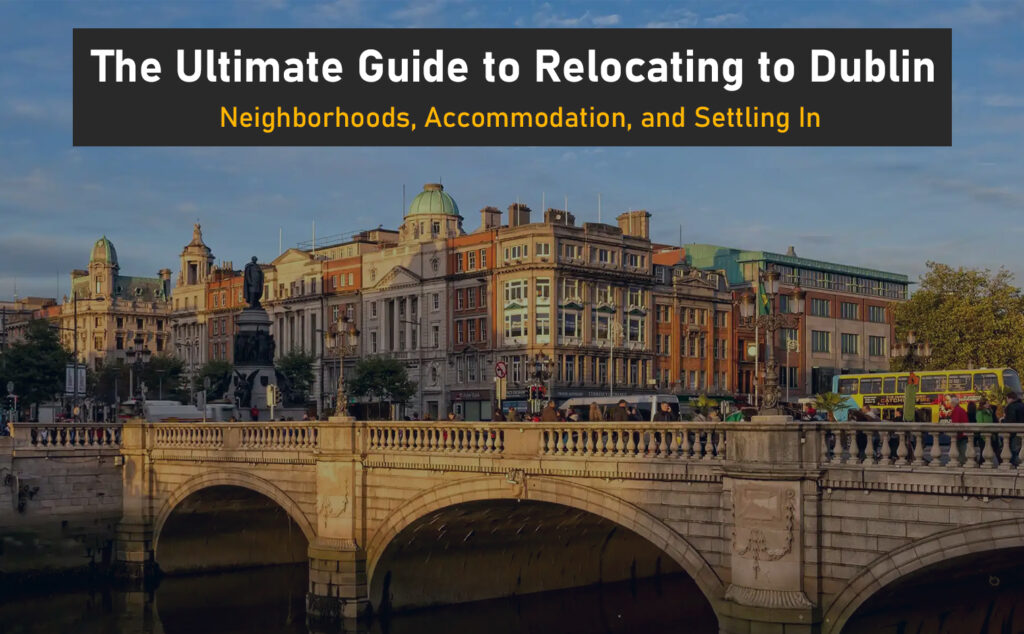Introduction
Dublin, Ireland’s capital, is a city teeming with history, culture, and endless opportunities. Known for its youthful vibrancy, rich literary heritage, and friendly locals, Dublin offers a unique blend of traditional Irish charm and dynamic modern life. Whether you’re drawn to its bustling tech scene, prestigious universities, or the allure of its famous pubs and live music, Dublin has something for everyone. But relocating to a new city comes with its set of challenges and questions. How do you find the perfect neighborhood? What’s the best way to search for accommodation? How does one navigate the nuances of a new cultural landscape? These concerns are natural when contemplating relocating to Dublin. This guide aims to ease those worries, providing a comprehensive overview of everything you need to know about making Dublin your new home. From understanding the city’s layout to finding your ideal living space, we’ve got you covered. If you’re considering making the move, what’s your biggest concern about relocating to Dublin?
Understanding Dublin’s Layout
Dublin’s geographical layout is both charming and practical, shaped significantly by the River Liffey, which slices the city into the Northside and the Southside. This division is more than just geographical; it reflects Dublin’s socio-economic landscape, historical development, and cultural distinctions. The Northside, boasts vibrant communities, historical landmarks, and green spaces, whereas the Southside houses the majority of the city’s commercial hubs, upscale neighborhoods, and diplomatic residences.
The city center offers a mix of historical architecture, shopping districts, and cultural institutions, making it a lively hub for both locals and visitors. Meanwhile, the suburbs present a quieter, family-friendly alternative, with easy access to the city’s resources. Understanding this layout is crucial for anyone looking to relocate, as it influences not only your daily commute but also your lifestyle choices and social circles. Alt text for an engaging image of the city might read: “A panoramic Dublin cityscape, showcasing the River Liffey dividing the vibrant city center from the tranquil suburbs.”
Dublin Neighborhoods Overview
When it comes to finding accommodation in Dublin, the city’s diverse districts offer a range of options to suit various preferences and lifestyles. Each neighborhood in Dublin carries its unique charm and set of amenities, making the choice of where to live an exciting first step in your relocation journey.
Popular Neighborhoods: Areas like Dublin 4 (including Ballsbridge and Donnybrook) and Dublin 6 (Rathmines and Ranelagh) are among the most sought-after. Known for their Georgian architecture, bustling cafes, and proximity to the city center, these neighborhoods are perfect for those seeking an active urban life.
Family-Friendly Areas: For those moving with family, suburbs such as Clontarf, Malahide, and Dun Laoghaire offer spacious homes, excellent schools, and community-oriented living. With parks, beaches, and recreational facilities nearby, these areas provide a balanced lifestyle, combining the tranquility of suburban life with easy access to urban conveniences.
Emerging Districts: For renters and buyers looking for value and potential, districts like Phibsborough, Stoneybatter, and Portobello are on the rise. These neighborhoods blend historical charm with modern revitalization, offering vibrant community spaces, artisanal markets, and a growing food and arts scene.
It’s important to consider where you might work, study or socialise in Dublin upon arrival. From there, you could consider proximity and public transport links when selecting the area that’s right for you. Feel free to reach out to us for advice regarding areas of the city, public transport, and additional questions. Understanding the nuances of each district and what it has to offer is crucial in making an informed decision about where to settle. Considering factors like proximity to work or schools, local amenities, and the overall vibe of the neighborhood can help narrow down your options. For expats moving to Dublin, connecting with communities in these neighborhoods can provide valuable insights and ease the transition to your new home.
Finding Accommodation in Dublin
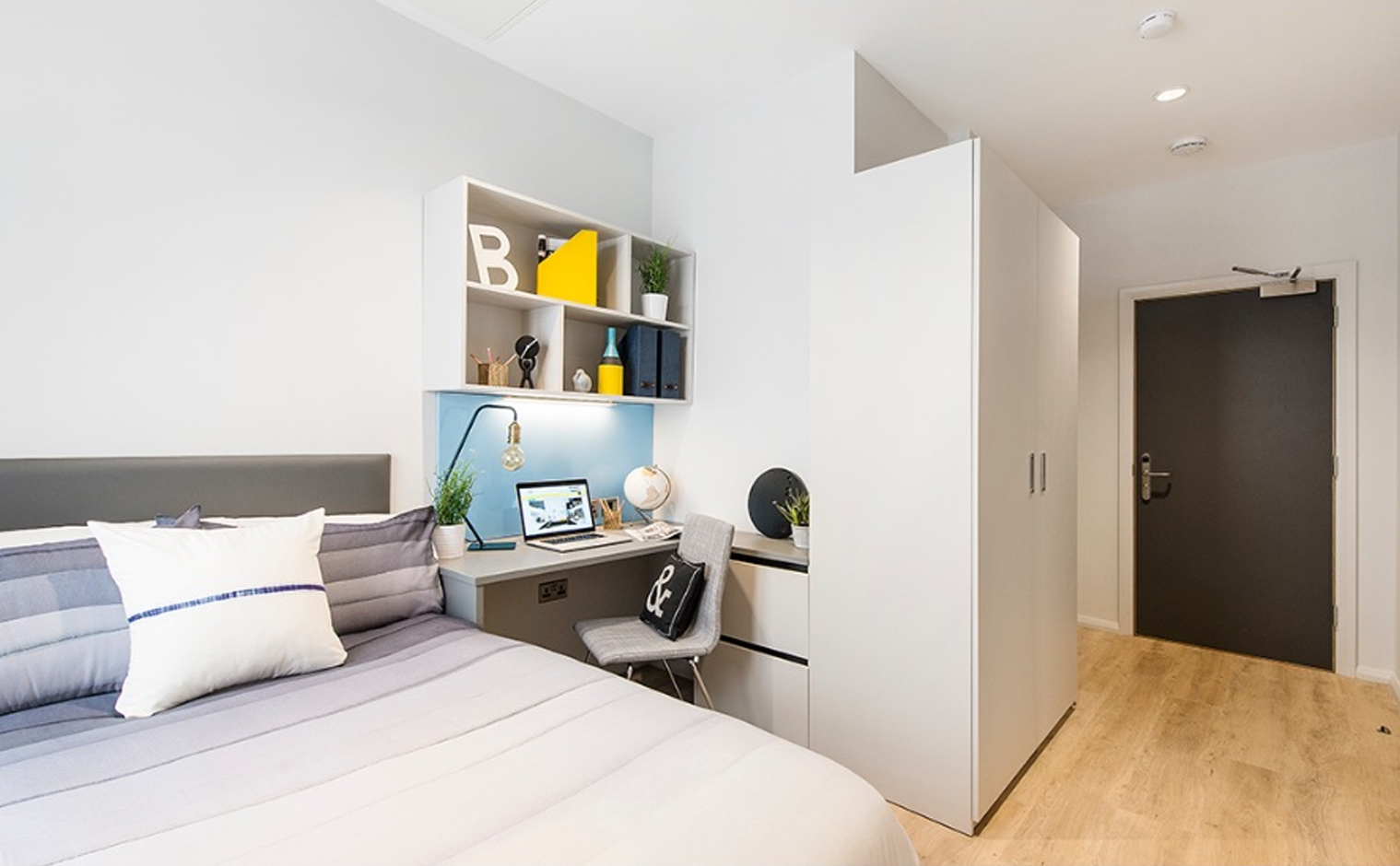
When it comes to finding accommodation in Dublin, prospective residents are met with a variety of options, each catering to different needs and preferences. Whether you’re leaning towards the convenience of renting or contemplating the long-term investment of buying, understanding what’s available is key to making an informed decision.
Renting in Dublin:
Types of Accommodation: Dublin’s rental market offers everything from modern city-center apartments to spacious suburban homes. Studio and one-bedroom apartments are popular among singles and young professionals, while families often seek out semi-detached or detached homes with gardens in quieter neighborhoods.
House Hunting Tips:
- Start Early: The rental market in Dublin can be competitive, especially in popular areas. Start your search several weeks in advance of your move.
- Use Online Portals: Websites like Daft.ie and Rent.ie are essential tools for finding available listings.
- Consider Housing Search Support: A local house search or support service can provide invaluable assistance, especially if you’re unfamiliar with the area. Companies like PropSupport directly help renters find accommodation when moving to a new city.
- Renting vs. Buying: Renting offers flexibility and less financial burden upfront, ideal for those new to the city or uncertain about their long-term plans. Buying, however, may be more economical in the long run and offers the stability of a permanent home.
Amenities to Look for in Neighborhoods:
- Proximity to public transport
- Access to parks and recreational facilities
- Local shops and services
- School and childcare options
Steps in the Renting Process:
- View the property in person if possible.
- Prepare your documentation, including ID, references, and proof of income.
- Understand the lease agreement before signing.
The Rental Market in Dublin
Navigating Dublin’s rental market requires an understanding of both the costs involved and the legalities of rental agreements. Affordability and tenant rights are paramount considerations.
Dublin Living Costs:
- The cost of renting in Dublin varies significantly by location and property type, with city-center locations commanding higher prices. Expect to budget for utilities and council taxes on top of rent.
Finding Rentals:
- Beyond online listings, networking within expat and local communities can uncover rental opportunities not widely advertised.
Rental Agreements:
- Familiarize yourself with the terms of the agreement, including deposit requirements, notice periods, and maintenance responsibilities. Tenants have rights to privacy, a habitable living environment, and protection against unfair eviction.
Buying Property in Dublin
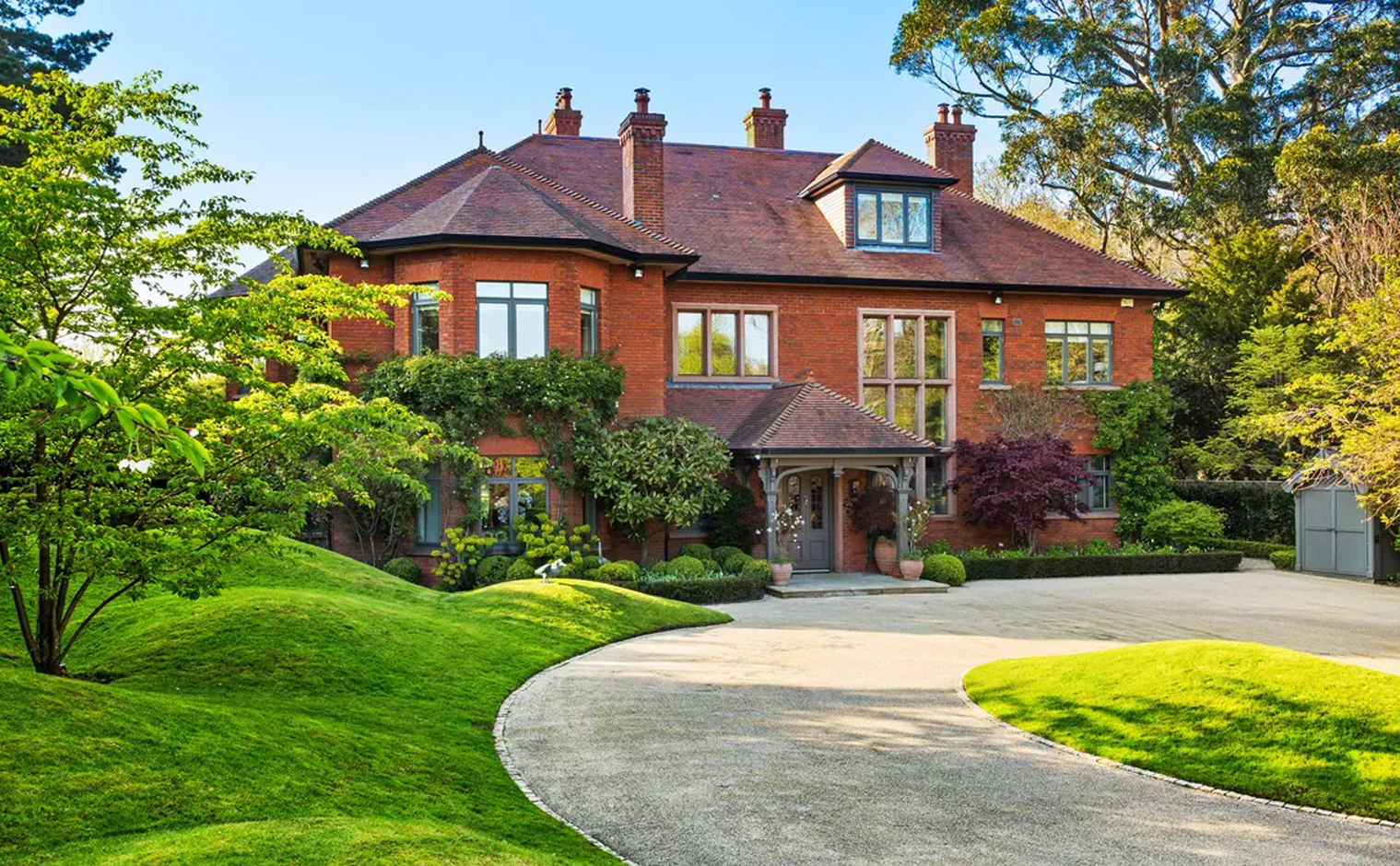
The decision to buy property in Dublin is significant, offering both opportunities and challenges. This isn’t an option for most but it’s worth outlining some high level considerations.
Pros and Cons of Buying:
- Pros: Ownership offers stability, the freedom to personalize your space, and potential long-term financial benefits.
- Cons: The buying process can be complex, involving significant upfront costs, mortgage commitments, and property taxes.
Steps to Purchasing a Home:
- Determine your budget and secure mortgage pre-approval.
- Research neighborhoods and property types that meet your needs.
- Engage a “Dublin Real Estate Agent” to help navigate the market.
- View properties and make an informed offer.
- Complete the legal and financial processes to close the sale.
Finding Real Estate Agents:
- Look for agents with strong local knowledge and positive reviews. Websites like MyHome.ie and the Society of Chartered Surveyors Ireland can be valuable resources.
Moving to Dublin: Practical Tips
The logistics of moving to Dublin involve several key steps, from transporting your belongings to setting up your new home.
Dublin Relocation Services:
- Professional relocation services can simplify the process, offering assistance with everything from packing and shipping to finding accommodation and setting up utilities.
Key Considerations:
- Plan your move well in advance to secure the best rates and availability for moving services.
- Research utility providers in Dublin to ensure a smooth setup of electricity, gas, water, and internet services upon arrival.
Remember:
- Relocating to a new city is a significant life event. While it comes with its challenges, the right preparation and resources can make your move to Dublin a positive and exciting transition.
Living in Dublin: What to Expect
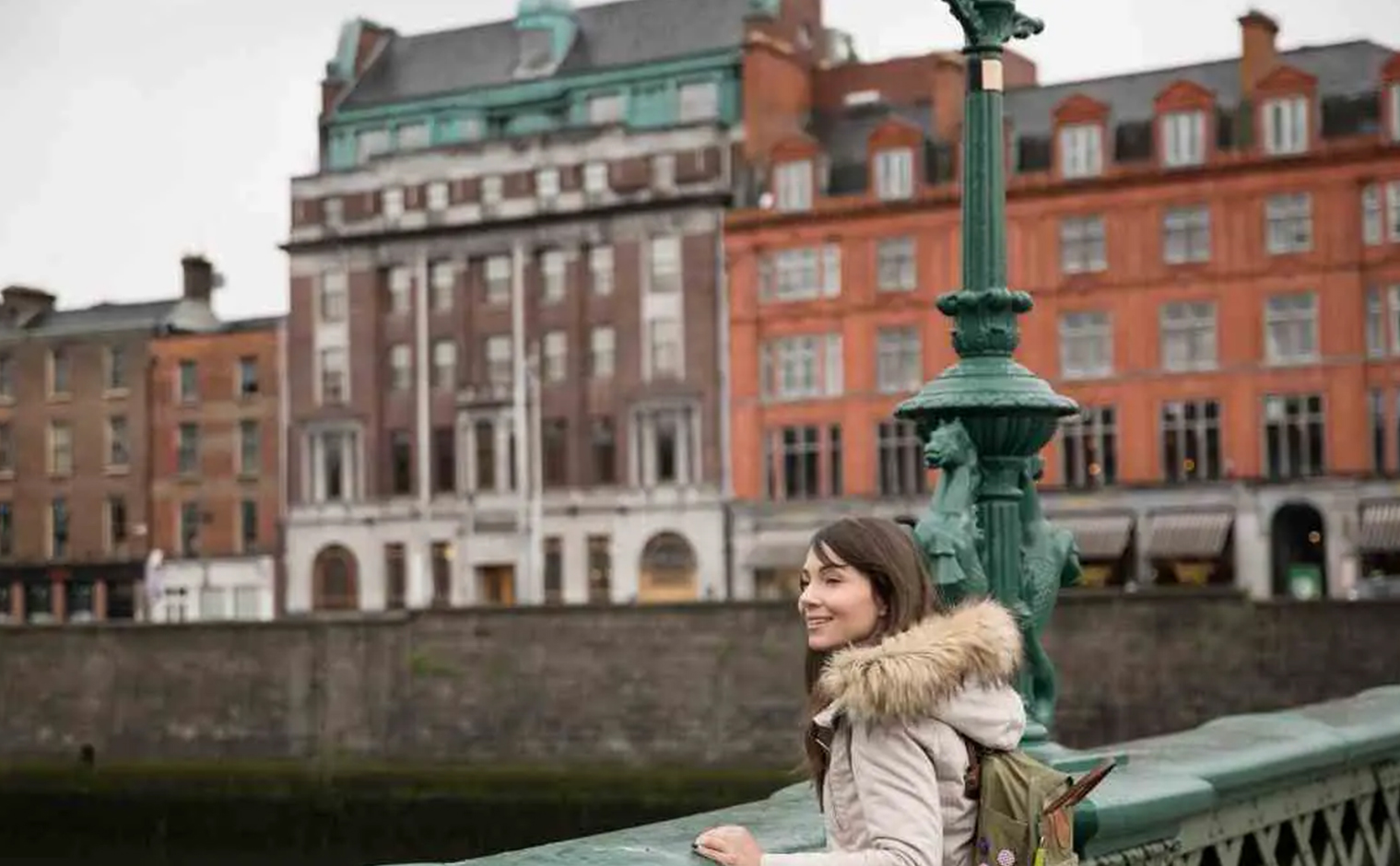
Dublin, the heart of Ireland, offers a blend of historical charm and modern convenience, making it an attractive destination for expats and locals alike. However, adapting to life here involves understanding various aspects of day-to-day living.
Cost of Living: Dublin is known for its high quality of life, but it comes with a cost. Accommodation, transportation, and dining out can be expensive compared to other Irish cities. Utilities, while generally efficient, add to monthly expenses. An infographic comparing Dublin’s cost of living with other cities could highlight these differences, providing a visual representation of monthly expenses like rent, groceries, and leisure activities.
Transportation Options: Dublin’s compact size makes it ideal for walking or cycling. For longer distances, the city boasts an extensive public transport network, including buses, trams (Luas), and trains (DART), which cover the city and its suburbs efficiently. Leap Cards offer a convenient way to pay for these services.
Healthcare System: Ireland provides high-quality healthcare services. Residents can choose between public healthcare, covered by taxes, and private healthcare, which offers faster access to specialists and treatments. Understanding eligibility and registration processes is crucial for newcomers.
Educational Opportunities: Dublin is a hub for international education, home to world-renowned institutions like Trinity College Dublin and University College Dublin. It offers a range of options from primary to tertiary education, catering to a diverse student population.
Cultural Integration in Dublin
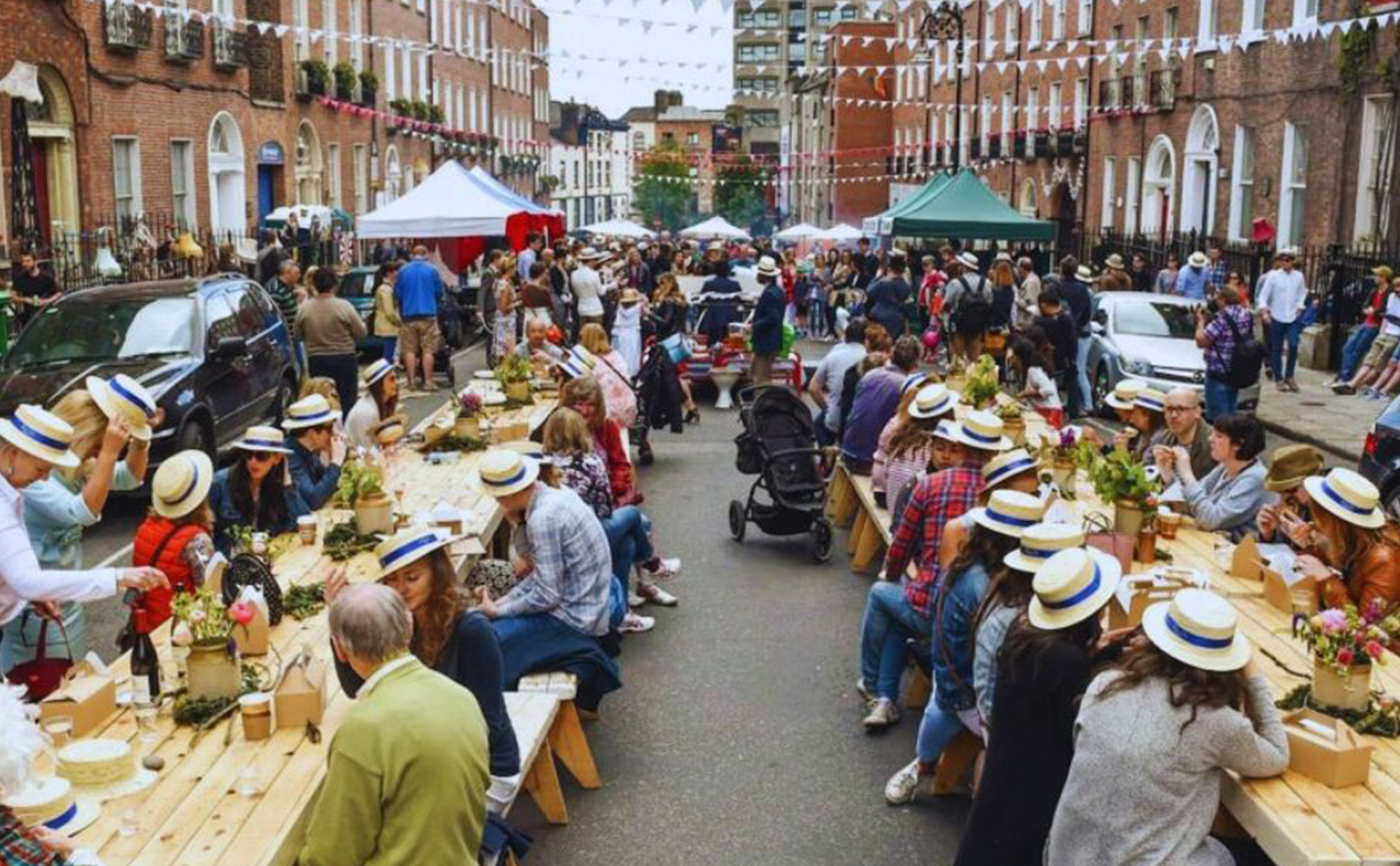
Dublin’s culture is rich and welcoming, with a strong emphasis on community and social life. Here are some insights into integrating culturally:
Social Customs and Etiquette: The Irish are known for their friendliness and hospitality. A simple greeting and a willingness to engage in conversation can go a long way. Pubs play a central role in social life, serving as places to meet friends and enjoy live music.
Making Friends and Networking: Joining local clubs, groups, or classes related to your interests can help you meet like-minded individuals. For professionals, networking events and meetups are prevalent, especially in the tech and creative industries.
Leisure Activities: Dublin offers a plethora of activities, from exploring its lush parks and historic sites to attending cultural festivals, sports events, and theatrical performances. The city’s culinary scene is also vibrant, featuring everything from traditional Irish fare to international cuisine.
Working in Dublin
Dublin’s job market is dynamic, with a strong presence of multinational corporations, particularly in technology, pharmaceuticals, and finance. This makes it an attractive city for professionals and expats seeking opportunities.
Job Market Overview: The tech sector is booming, with companies like Google, Facebook, and LinkedIn having their European headquarters here. There’s also a thriving startup scene, alongside traditional industries such as banking and tourism.
Work Culture: The Irish work culture values balance, with a standard working week of around 39 hours. Workplace environments are generally collaborative and informal, with a focus on achieving results while maintaining a positive work-life balance.
Conclusion
Relocating to Dublin offers an exciting opportunity to experience a city that blends historical richness with modern growth. From understanding the layout of its neighborhoods and finding accommodation to integrating into its vibrant culture and navigating the job market, this guide aims to provide a comprehensive overview for a successful transition. Whether you’re moving for work, study, or adventure, Dublin welcomes you with open arms.
We’d love to hear about your journey to Dublin! Share your relocation experiences in the comments or contact us for more detailed assistance. Don’t forget to sign up for our comprehensive moving checklist to ensure a smooth move. Welcome to Dublin – your adventure begins now!
